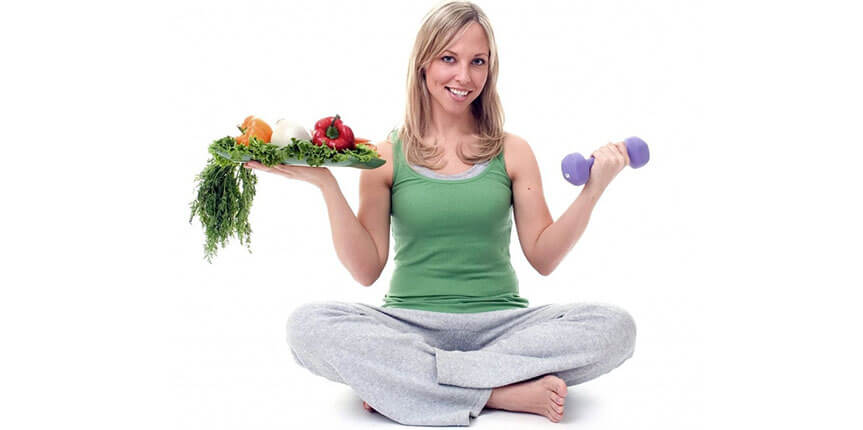Causes of Constipation
- Blockages in the colon or rectum
Blockages in the colon or rectum may slow or stop stool movement. Causes include: anal fissure, bowel obstruction, colon cancer, narrowing of the colon (bowel stricture), rectal cancer, etc.
- Problems with the nerves around the colon and rectum
Neurological problems can affect the nerves that cause muscles in the colon and rectum to contract and move stool through the intestines. Causes include autonomic neuropathy, multiple sclerosis, Parkinson’s disease, spinal cord injury and stroke.
- Conditions that affect hormones in the body
Hormones help balance fluids in your body. Diseases and conditions that upset the balance of hormones may lead to constipation, including: Diabetes, Overactive parathyroid gland (hyper parathyroidism), Pregnancy and Under active thyroid (hypothyroidism)
- Busy lifestyles
- Not eating enough fibre
- Not drinking enough water or fluids
- Not taking enough exercise, being sedentary
- Ignoring natural urges to go to the toilet, sometimes due to not being near a toilet you are comfortable using
- Emotional and psychological problems
- Some medications, including narcotic-type pain killers such as codeine, iron supplements and some drugs used to control blood pressure.
Prevention of Constipation
Diet and Lifestyle Changes
Increase your fibre intake.
Including enough fibre in your diet can significantly reduce your chances of developing constipation. You can increase your fibre intake by eating more fruit and vegetables, wholegrain rice, wholemeal bread, seeds and oats. It’s important to increase your fibre intake gradually, because a sudden increase may make you feel bloated. Suddenly increasing your intake of fibre may also cause you to produce more wind (flatulence) and experience stomach cramps.
Drink Plenty of Fluids
Make sure you drink plenty of fluids to avoid dehydration, and steadily increase your intake when exercising or when it’s hot. Try to cut back on the amount of caffeine, alcohol and fizzy drinks you consume.
Toilet habits
Never ignore the urge to go to the toilet, because it can significantly increase your chances of having constipation. When going to the toilet, make sure you have enough time and privacy to pass stools comfortably.
Get enough Exercise
Keeping active and mobile will greatly reduce your risk of getting constipation. You should do at least 150 minutes of physical activity every week.
Medications
Medications are usually brought in if changing diet and habits don’t work. Some of them include:
- Fiber supplements. Fiber supplements add bulk to your stool.
- Stimulants including Correctol, bisacodyl (Ducodyl), Dulcolax and senna-sennosides oral (Senokot) cause your intestines to contract.
- Lubricants such as mineral oil enable stool to move through your colon more easily.
- Stool softeners. Stool softeners such as docusate sodium (Colace) and docusate calcium (Surfak) moisten the stool by drawing water from the intestines.
Consult your doctor before taking laxatives. Taking laxatives on your own for a period of time will get your digestive system used to them. This will lead to you not being able to have bowel movements naturally, when you stop taking the pills.
References:
http://www.mayoclinic.org/diseases-conditions/constipation/symptoms-causes/dxc-20252715
http://www.nhs.uk/Conditions/Constipation/Pages/Prevention.aspx


